Editorial: Zardari's return
 -File Photo
-File PhotoCo-chairperson of the PPP and former president, Asif Ali Zardari, ended his self-imposed 18-month exile by returning to Karachi on December 23.
Zardari had hurriedly left the country after delivering a hard-hitting speech against the military establishment and the then CoAS General Raheel Sharif on June 16, 2015.
Some analysts therefore are linking his return to the change of military command. If so, as the perception goes, the establishment seems to have sent a message through its raids on the offices of close friend of Zardari in Karachi, which yielded a claim from the raiding Rangers that they had seized some illegal arms, sensitive documents and five suspects. The message is read as underlining that there is no change in policy despite the change in military command and the Rangers' actions against alleged illegal arms and corrupt persons will continue as part of the continuing Karachi operation.
Not unexpectedly, the Sindh government has termed the raids "revengeful", while the raided company has issued a denial of culpability and asked for an independent investigation into the matter. It should not be overlooked that the timing of the move, mere hours before Zardari landed in Karachi, has given rise to such interesting speculation. Interior Minister Chaudhry Nisar briefed Prime Minister Nawaz Sharif in Islamabad regarding the raids, and reportedly assured him that the action was not politically motivated but based on solid evidence. This has not convinced the PPP or its supporters, and even many analysts are buying the PPP's line that the prime minister and his controversial interior minister are conducting a 'good cop, bad cop' routine in the light of the fact that the former had publicly welcomed Zardari's return just one day before.
Be that as it may, Zardari addressed a big crowd of his party workers and supporters at the airport, underlining that he had returned with a message of hope not despondency. He argued that the PPP came to power after Benazir Bhutto's assassination in 2007 despite anomalies in the electoral constituency boundaries, amongst other obstacles. Having completed its full term, the PPP handed over power peacefully to the PML-N, the first time such a transition through the ballot box had occurred in the country's history, despite reservations about Nawaz Sharif's mandate. This was to strengthen democracy and ensure its continuity.
He argued that it did not matter who was in power today, as with the support of the people, the PPP would once again come to power and form the government. He promised some 'good news' to his audience at the December 27 commemoration in Larkana of Benazir's ninth death anniversary.
Speculations are rife vis-Ã -vis the role of Zardari in the party now. One school of thought believes the PPP has decided that Bilawal will remain the public face of the party and continue with his aggressive anti-PML-N stance in Punjab, the stronghold of the ruling party and the critical province for any party's electoral hopes. Zardari's role will be that of the party's 'patriarch', which means using his undoubted abilities in wheeling-dealing and cobbling together alliances with other political forces.
This modus operandi will be especially focused on the smaller provinces, which translates as ensuring the consolidation of the PPP's grip on power in Sindh while enhancing its strength in Khyber Pakhtunkhwa and Balochistan in the run up to the 2018 general elections. Meanwhile Bilawal is said to be exploring an alliance of progressive political parties to challenge the PML-N tiger in its Punjab den. How this 'division of labour' between father and son works out in practice only time will tell. Nevertheless the challenges for the party remain formidable, both in its stronghold Sindh as well as the ambition to break out of its south Punjab straitjacket and make inroads into the Sharif home ground in central Punjab and the Potohar.
Certainly Asif Zardari's return has introduced a new and consequential factor to the political landscape. This space needs careful watching for its implications for the polity's future.

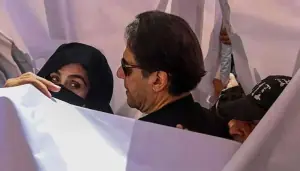
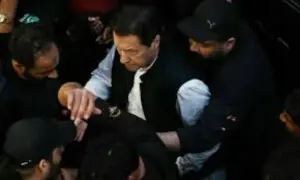
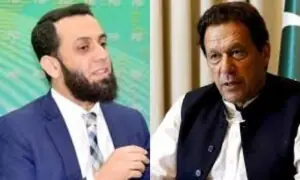
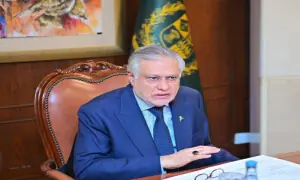
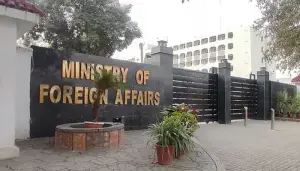


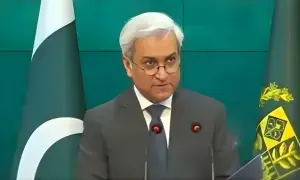
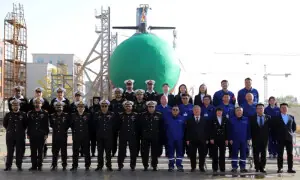
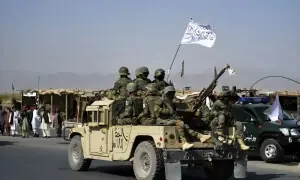

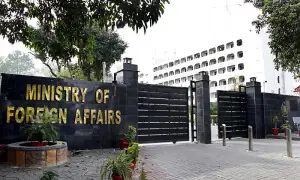
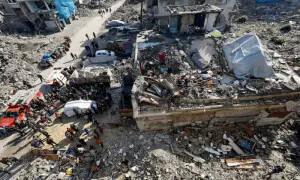
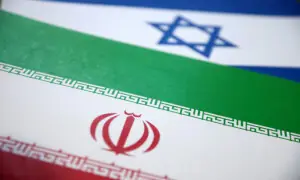
Comments are closed on this story.